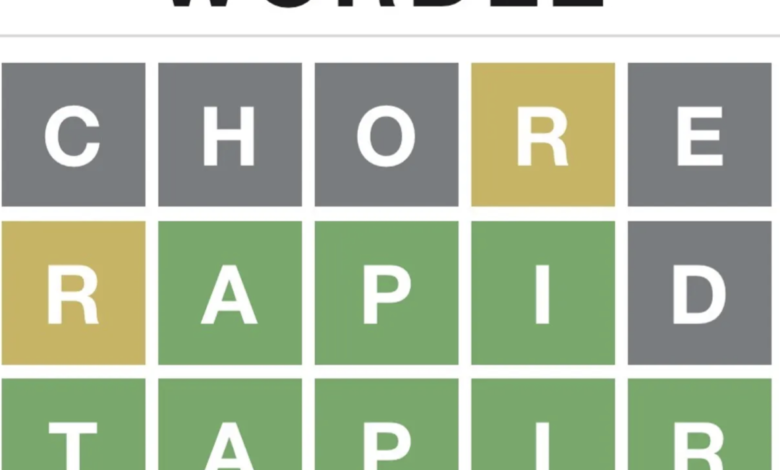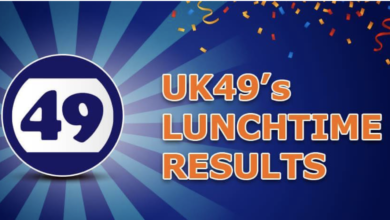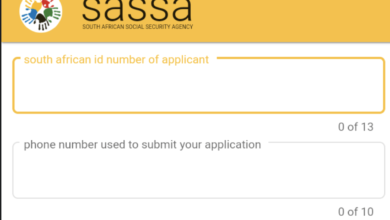
In recent years, a simple yet captivating online word-guessing game has taken the internet by storm. Wordle, a game with humble beginnings, has become a cultural phenomenon, captivating the hearts and minds of people worldwide. It’s not just a game; it’s a daily ritual, a brain-teaser, and a social experience. In this article, we delve into the origins, mechanics, and the unprecedented popularity of Wordle, exploring why it has become a global sensation.
The Birth of Wordle
Wordle was created by Jonathan Feinberg, a software engineer and data scientist, who introduced it to the world in 2008. Initially, it was a passion project developed for his wife and a few friends to enjoy. Wordle was built on a simple premise: players have six attempts to guess a five-letter word chosen by the game, and after each attempt, they receive feedback in the form of colored tiles indicating whether each guessed letter is correct and in the right position (green), correct but in the wrong position (yellow), or not in the word at all (gray). This combination of wordplay and logic instantly resonated with players, setting the stage for its later popularity.
Simplicity and Accessibility
Wordle’s accessibility is one of the primary reasons for its widespread appeal. The game can be played on any internet-enabled device with a browser, requiring no downloads, installations, or logins. This simplicity ensures that anyone can pick it up and play, from tech-savvy individuals to those less familiar with digital games.
Wordle also maintains a consistent and straightforward rule set, offering a level playing field for players of all skill levels. The five-letter word format, six attempts, and the color-coded feedback system are easy to understand, making Wordle a game that can be enjoyed by all, regardless of age or language proficiency.
The Daily Challenge
Wordle’s daily challenge format adds a unique dimension to the game’s appeal. Each day, players are presented with a new word to guess. This daily recurrence encourages players to establish routines and revisit the game regularly. It has transformed Wordle into a daily ritual for many, akin to morning crossword puzzles or evening sudoku challenges.
The competitive aspect of daily Wordle is another driving force behind its success. Players can compare their performance with friends, family, and the online community, fostering a sense of camaraderie and rivalry. This social element turns Wordle into more than just a solo puzzle; it’s a shared experience that connects people across the globe.
Wordle as a Mental Workout
At its core, Wordle is a cerebral exercise that combines wordplay and logic. Players must draw on their vocabulary, deductive reasoning, and pattern recognition skills to crack the daily word. It encourages lateral thinking and fosters problem-solving abilities, making it a brain-teaser that engages players on multiple cognitive levels.
Moreover, Wordle’s simplicity does not compromise its intellectual challenge. The game’s mechanics may be easy to grasp, but consistently guessing the word within six attempts is no small feat. This balance between accessibility and difficulty is a key factor in Wordle’s appeal, offering players a satisfying mental workout.
The Psychology of Addiction
Wordle’s addictive nature can be attributed to various psychological factors. The game offers instant gratification – players receive feedback on each guess, which keeps them engaged and motivated. The daily challenge aspect, with a clear goal to achieve, creates a sense of accomplishment and purpose.
The social dimension of Wordle also plays a pivotal role in its addictiveness. Sharing results, competing with friends, and seeking the validation of the online community add layers of motivation. The desire to improve and the fear of missing out on a successful guess drive players to return day after day.
The Power of Word-of-Mouth
Wordle’s success is, in large part, fueled by word-of-mouth marketing. The game’s simple yet captivating nature makes it a natural conversation starter. Players share their experiences, strategies, and frustrations with friends, family, and coworkers, sparking interest and curiosity in those who have not yet tried the game. As a result, Wordle’s user base continues to grow organically.
Conclusion
Wordle has evolved from a passion project into a global sensation, captivating players with its simplicity, accessibility, and addictive gameplay. Its daily challenge format, intellectual appeal, and social dimension have transformed it into a cultural phenomenon. Whether you’re a casual player or a daily devotee, Wordle has demonstrated the enduring power of simple, well-crafted games to engage and connect people in the digital age. As long as people crave mental challenges, social interaction, and a touch of competition, Wordle is likely to remain a beloved pastime for years to come.




